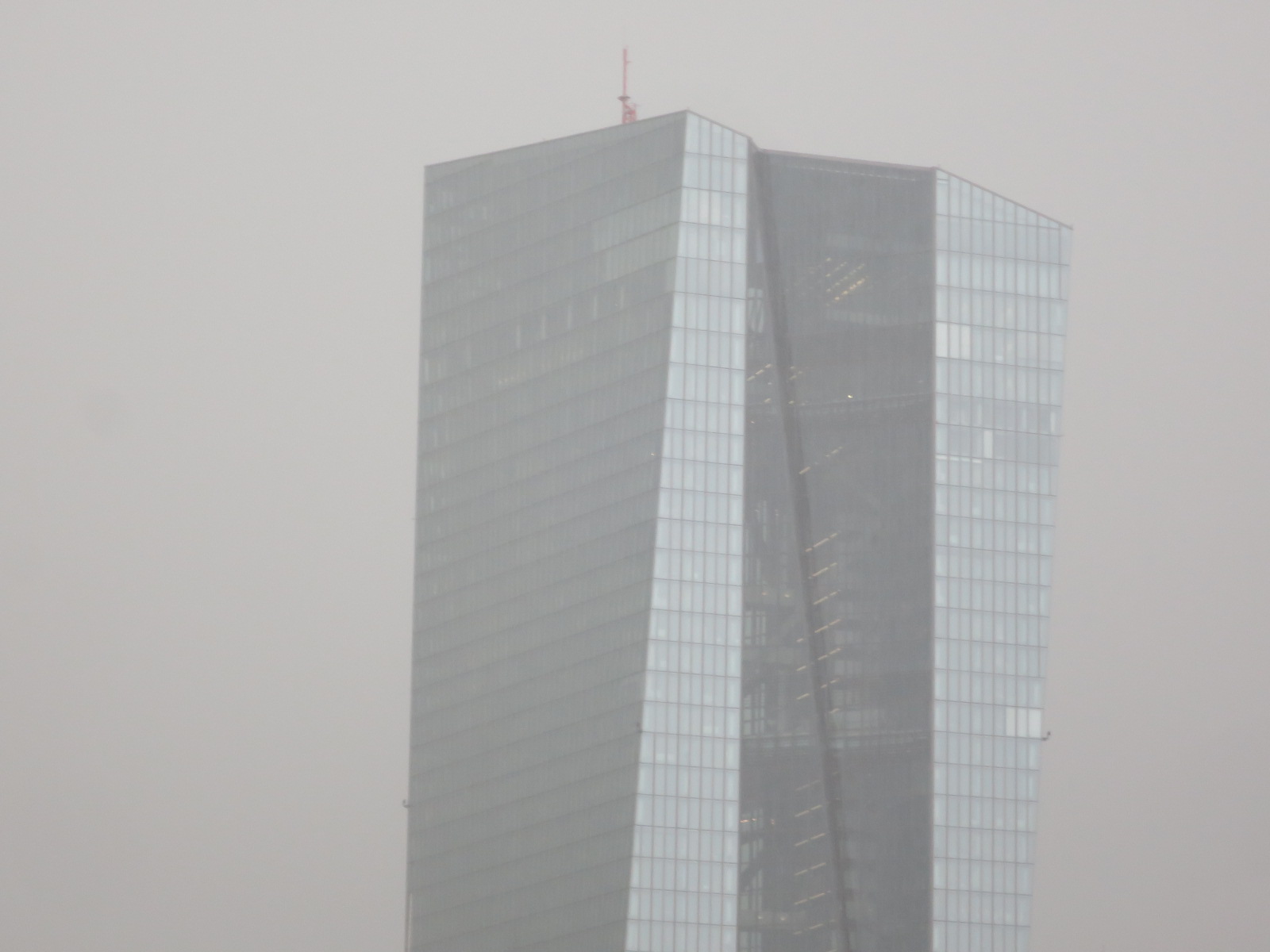“Value” is a concept structured by confusing relations between its social-ethical and its economic meanings (“I agree with your values”; “the sweater is a great value at that price”). The two meanings cannot be kept separate, but the negotiation of their relation has vexed theories of artistic and literary value since at least the rise of the discourse of aesthetics in the 18th century. Early attempts to separate aesthetic value from its economic counterpart involved analogies between what were understood to be different cognitive faculties (reason and emotion, say), and relations among competing claims to political standing (between the bourgeoisie and the sovereign, most of all). Liberal American conversations about literary and economic value after World War II worried over part-whole relations in terms of debates about the value of individual literary works in what seemed to be an ever-expanding multicultural canon. Postwar literary theories of economic and aesthetic value in a more Marxist vein turned to various narratives of the “subsumption” of social life by economic values: sometimes imagining that subsumption as a fatal error on the part of capitalism, since sociability is too unruly finally to organize according to economic principles, or as a terrible victory for a capitalism that had now transformed into something qualitatively different and more sinister, like a “bio-power.” But even these Marxist literary theories tended to ignore contemporary work in history, historical sociology, and critical theory that identified changes in the relation between what had once seemed to be at least notionally separate aesthetic and economic “spheres” not with subsumption per se, but with a crisis in capital’s ways of producing profitable surplus value, and exchangeable use values. Seen from the vantage of this scholarship, it becomes clear that not only do most discourses on the specific value of the aesthetic tend to lean too heavily on spatialized domain models of art and economics (which conceive of them as occupying, in reality or potential, different regions), but also this persistently demanded separation of art and economics rests in turn on a false distinction between politics and economics. Rethinking the specificity of art and literature without thinking of it as a separate sphere, or as necessarily resistant to capital, is a research project for the coming decades.
read here

